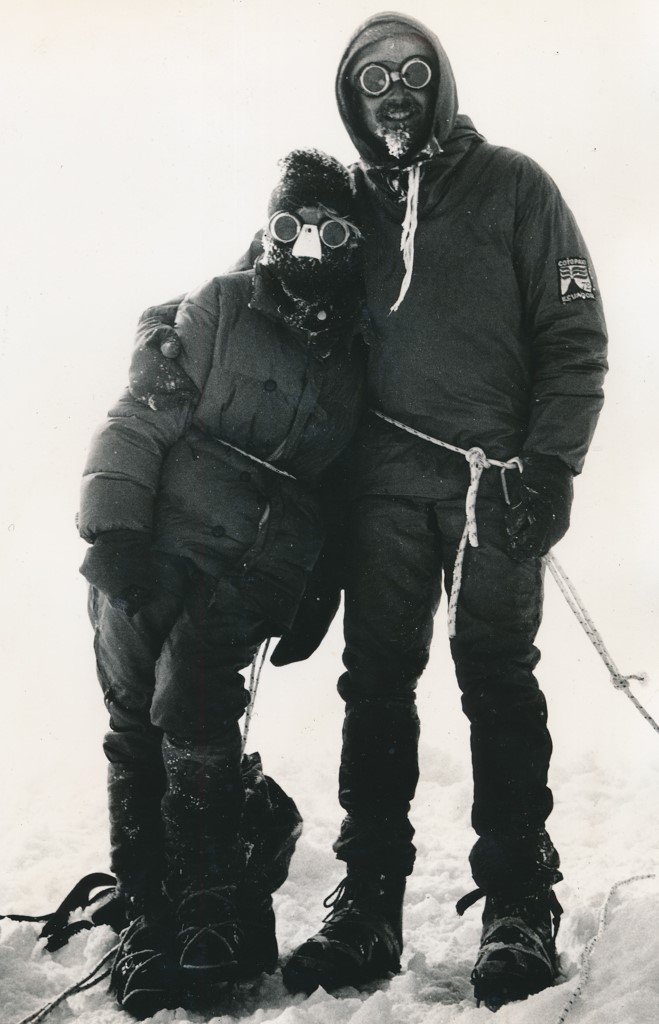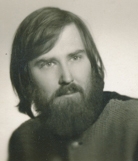Expeditions were the only way to reach the world under the Bolsheviks.

Download image
Miroslav Kruta, CSc., was born on 15 April 1943 in Prague into the family of JUDr. Miroslav Kruta and his wife Anna, née Domorázková. Both parents were scouts. Miroslav had a seventeen years older brother Josef and a younger brother Tomáš. The family lived in Vinohrady, but they were also closely connected with the countryside. They had relatives and a family farm in Hradiště in the Křivoklát region. After the February 1948 coup, the Communists expropriated his father’s law office, which he ran with JUDr. Jiří Klouda, who was imprisoned for twelve years in 1949 for allegedly collaborating with American espionage. Later, the family witnessed the collectivization of agriculture in Hradiště, during which the relatives refused to join the JZD (Unified Agricultural Cooperative). In 1953, Miroslav joined a scout troop that operated under the cover of the town’s Young Tourist Club. In the Scouts he acquired the nickname Mydlík and met his future wife Gabriela there. Already in high school he attended the Department of Paleontology at the Faculty of Science of Charles University in Prague, where he was admitted to the geology department after graduation in 1960; he specialized in paleontology. He graduated in 1965. In 1965-1975 he worked at the Department of Palaeontology as an assistant professor. In 1969, during the summer holidays, he went on a volcanological expedition to Iran. In 1970 Miroslav and his brother bought a ruined farmhouse on Zlatý kopec near Čakovice near Prague, which became a refuge for many well-known personalities of the musical underground and dissent during the years of normalization. In 1972, Miroslav Kruta undertook an expedition to Ecuador to explore the Cotopaxi volcano. Afterwards, the State Security Service (StB) tried to get Miroslav to cooperate, but he flatly refused. From 1975 he worked at the Academy of Sciences. As a non-partisan, he was not allowed by the Communist Party to defend his doctorate in natural sciences, and in 1980 he was not allowed to go to Libya to work as a specialist geologist for Geoindustria. The company, however, insisted on his participation in the project and arranged permission to go. He was then allowed to defend his academic degree and travel to the West for work. The six-month stay in the Sahara in the winter of 1980-1981 was an important experience in his life. In November 1989, he took an active part in the protests against the communist regime. Three years after the revolution, he left the Academy of Sciences and co-founded a centre for teaching Tai Chi with his teacher Tomasz Nowakowski in Zlatý kopec. Since 1972 he has been married to Gabriela Zoubek, with whom he has a daughter Veronika. He has written several autobiographical books about his life and work journeys and has also worked as a translator. In 2023 he lived in Prague.




















